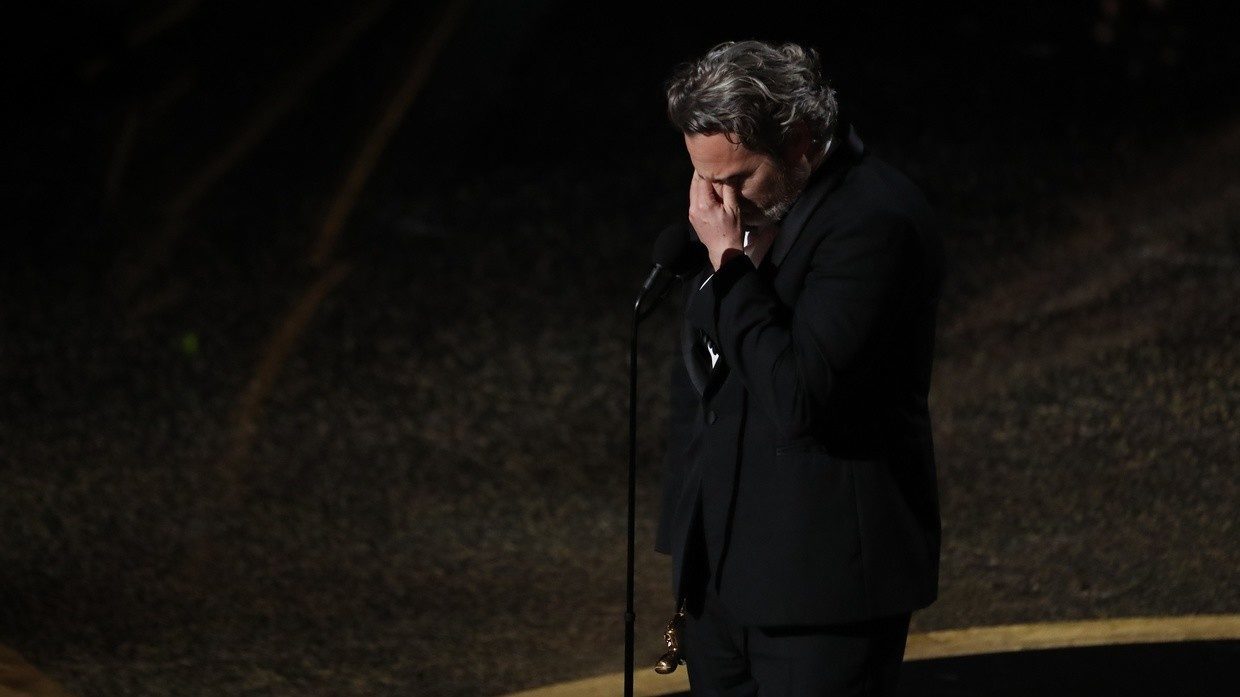Exploring Entrainment Patterns of Human Emotion in Social Media
Introduction
Humans are emotional social beings from birth [
1,
2]. We transmit various emotional signals to communicate to and influence others. For instance, we usually unify our emotions to resist potential threats (e.g., unauthentic vaccination [
3,
4], illegal immigration [
5], and bad customer experiences [
6,
7]) or to promote beneficial incidents (e.g., pro-social policies [
8] and tobacco cessation [
9]). In these scenarios, we always adjust our emotion states according to those of our friends via social interactions. These phenomena are typically conceptualized as entrainment, which was firstly identified by Huygens in 1665, and is generally defined as a tendency for two or more independent rhythmic processes to synchronize with each other [
10–
12].
Entrainment has been found to be particularly relevant to human emotions, and performs many important social functions. Firstly, emotion entrainment can promote more effective social communications by helping people “feel themselves into” another’s emotional episodes [
13–
15]. Through this communication process, humans both consciously and unconsciously transmit emotional signals that are essential for fostering social bonds and for maintaining good interpersonal relationships [
16–
18]. Secondly, emotion entrainment can help cultivate a kind of emotional culture [
19]. This functions as a social regulator that calibrates our practical comportment in socialization, and consequently leads to strong group commitments and solidarity. Furthermore, researchers recently uncover that empathy is often connected to entrainment in interpersonal interactions [
20–
22]. Therefore, the implications of emotion entrainment may promote a nuanced understanding of the processes underlying empathy.
Despite its importance, the principles or patterns of emotion entrainment, to date, are still poorly understood. Most of the existing studies merely explore the entrainment phenomenon in face-to-face interactions based on small-scale or controlled laboratory experiments [
18,
23,
24]. How collective emotion entrains outside of in-person interactions in a large-scale, real world data setting is still unknown. Recently, the proliferation of various online social media platforms has provided entrainment investigation with huge amount of emotion-rich data. In addition, it has been uncovered that emotion cues can also be transferred through these avenues [
25–
27]. These two facts, together, have laid the groundwork for studying massive emotion entrainment beyond dyads.
However, there are still several other challenges for us to understand the principles of emotion entrainment. Firstly, emotion entrainment on a large scale involves a complex interplay, and often entails dealing with non-linear systems [
14]. Existing approaches, both in modeling and analysis, cannot deal with this problem well. Traditional approaches based on various entrainment models are usually computational complex, and the underlying assumptions often violate actual, real-world scenarios [
28,
29]. While, on the other hand, the more recent network analysis approaches inevitably lack enough detail about entrainment processes [
30,
31], and often do not distinguish entrainment directions. Secondly, though entrainment phenomena have been investigated from various dimensions (i.e., in-person interactions [
32,
33], cross-modality communication [
23], and social norm calibration [
34]), there lacks an effective model that can learn the principles governing entrainment processes well, and predict the future emotions of the targeting individuals or groups effectively.
To deal with the challenges presented above, in this paper, we elaborate a pragmatic framework that can characterize entrainment phenomenon and quantify its patterns on a large scale efficiently. Based on the datasets from large popular social media platforms, we primarily investigate (1) the rules and patterns of emotion entrainment outside of in-person interactions, and then evaluate (2) how different entrainment patterns benefit the prediction of individuals' future emotions. This work can provide significant insights into understanding the underlying dynamic process of large-scale online interactions and make more reasonable decisions regarding emergency situations, epidemic diseases, and political campaigns in cyberspace.
Results
Community level entrainment
Previous research has uncovered that massive-scale emotional contagion occurs in online social networks [
25]. In this section we further attempt to clarify whether human emotions entrain in social media communities.
[...]
Fig 1 suggests that emotion entrainment occurs (drops in cross-entropy value) as the communities develop.
[...]
As entrainment promotes rapport and social closeness [
45], we subsequently turn to examine how emotions evolve as entrainment strength enhances. Specifically, we consider the emotional distance 〈
CE〉
T as a function of the minor value of reciprocal entrainment strength (
Fig 2).
[...]
We observe that as entrainment strengthens, the average emotional distance decreases (blue regression lines in
Fig 2). This tendency indicates that users are more emotionally similar to each other under stronger entrainment process. [...] This observation is inline with previous contention that moderately rhythmic social interactions generally promote social closeness and positive experience [
46].
[...]
Discussion
In this paper, we explore emotion entrainment in the context of two large social media platforms, including Livejournal and Sina Weibo. We study the emotion entrainment phenomenon at both the community level and the peer level. When examining the evolution of massive emotions on the two platforms, we find that collective emotions entrain with the evolution of communities. Especially, users' emotions in Sina Weibo roughly undergoes two entrainment cycles. During this process, entrainment strength vibrates rhythmically, making the entrainment phenomenon transient without entering a stable state. Additionally, we find that users become emotionally similar as entrainment enhances. This tendency indicates that users are more emotionally similar to each other under stronger entrainment process.
Read more:
Exploring Entrainment Patterns of Human Emotion in Social Media







